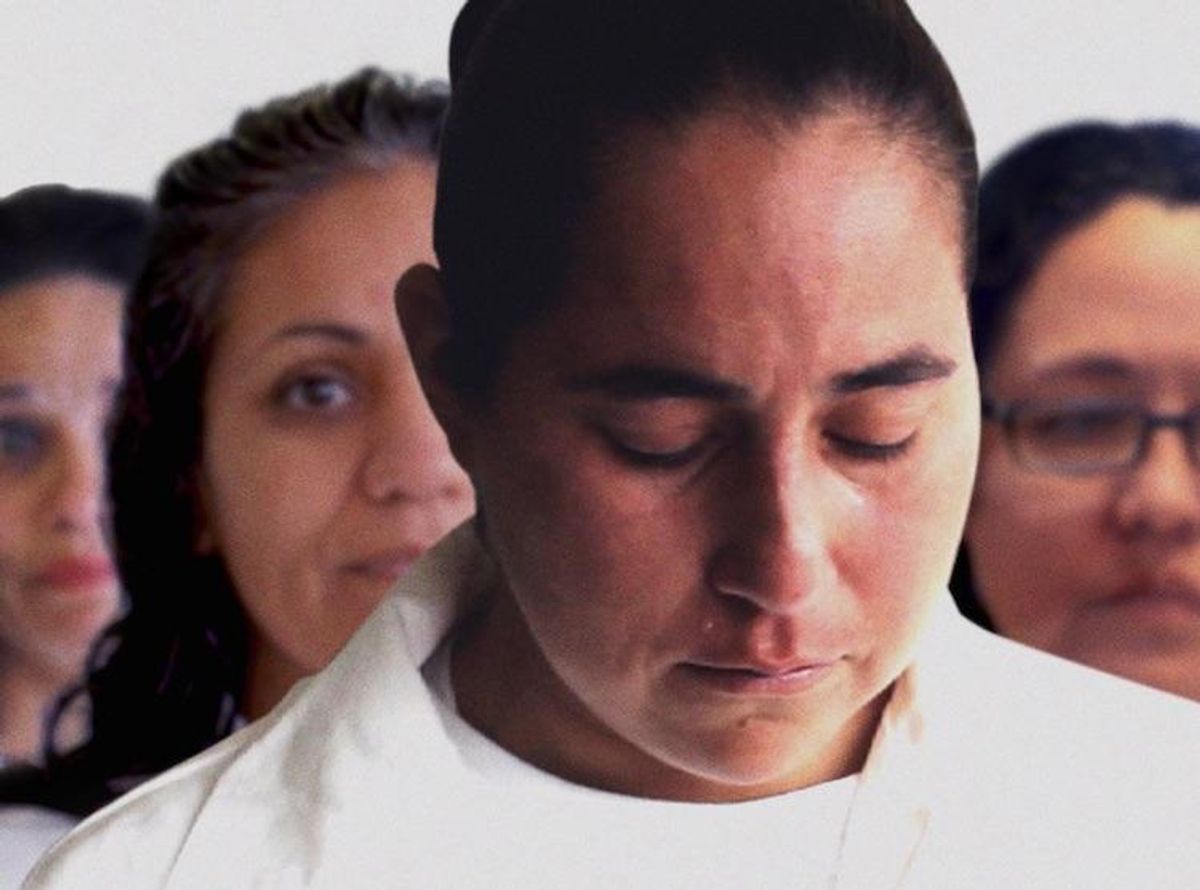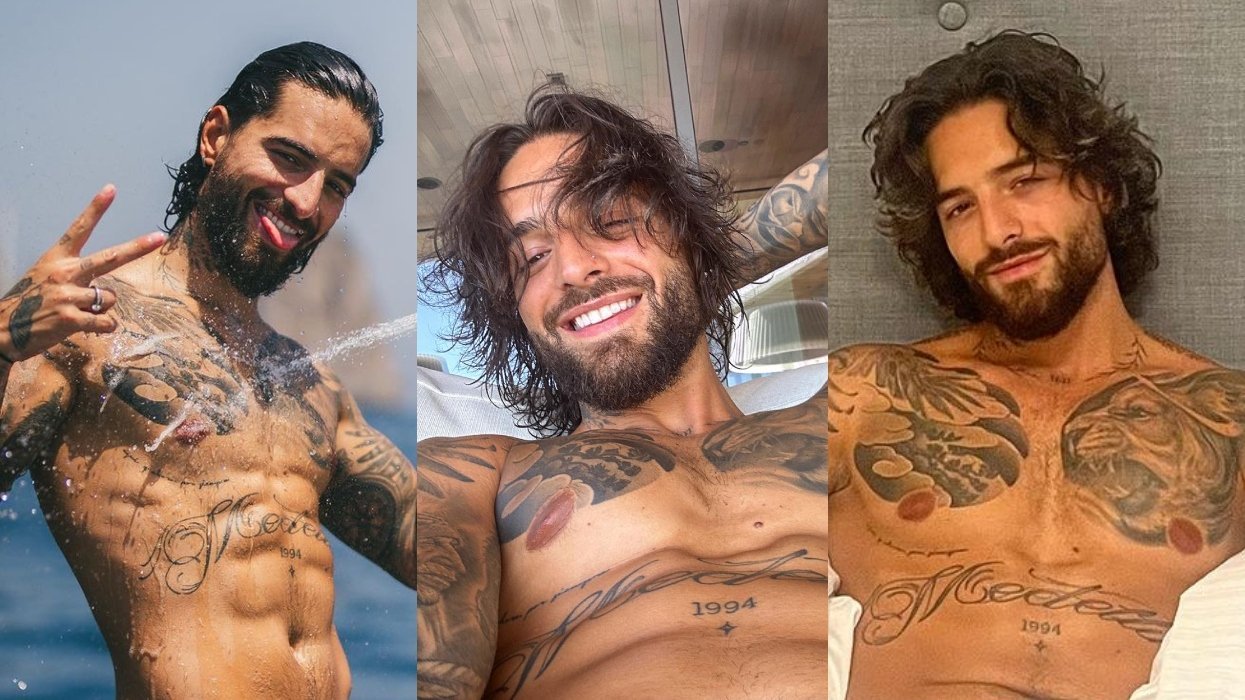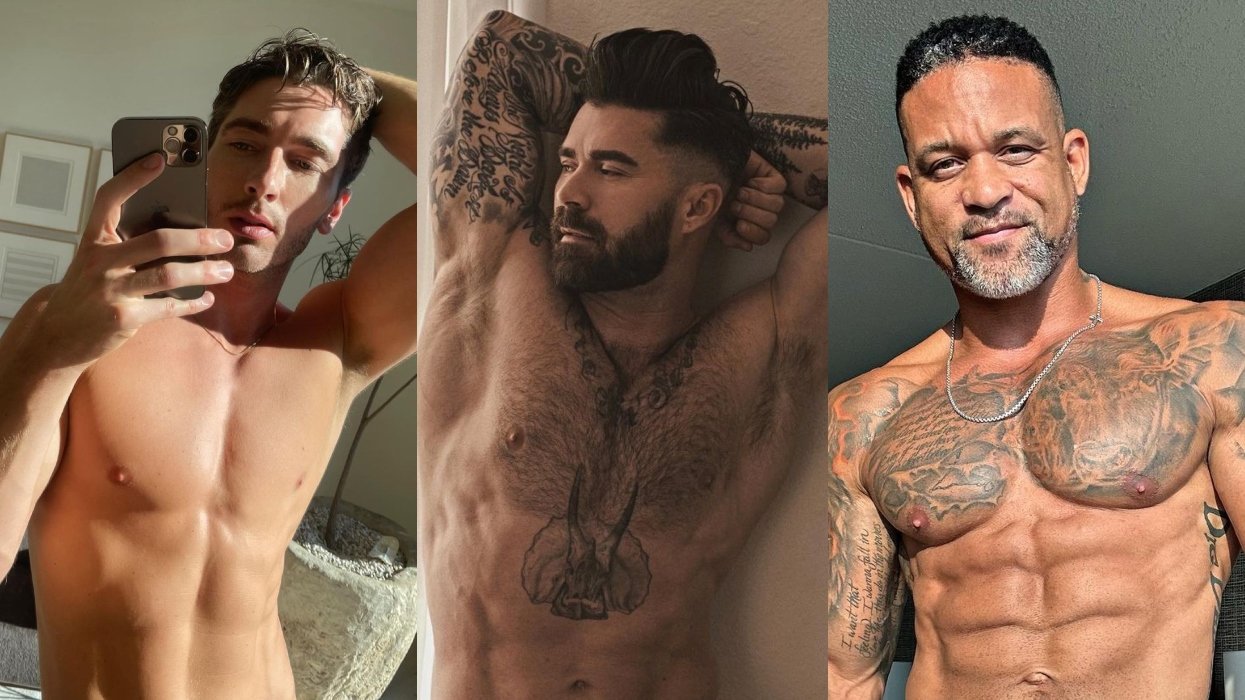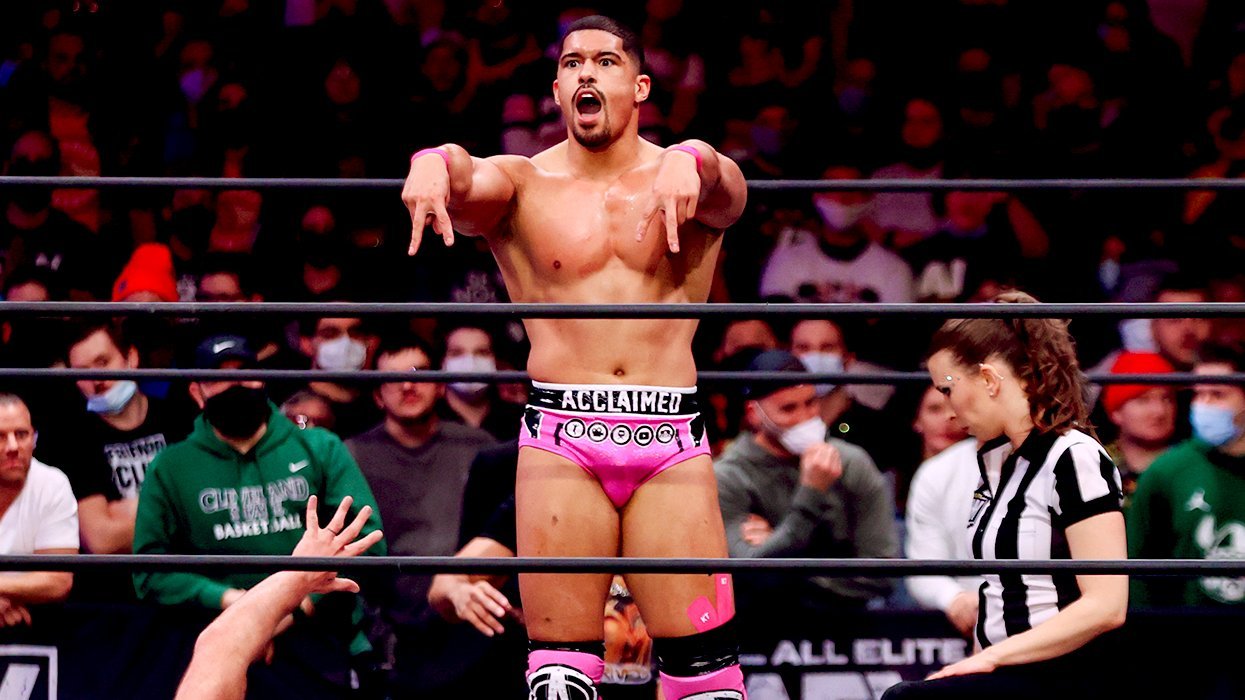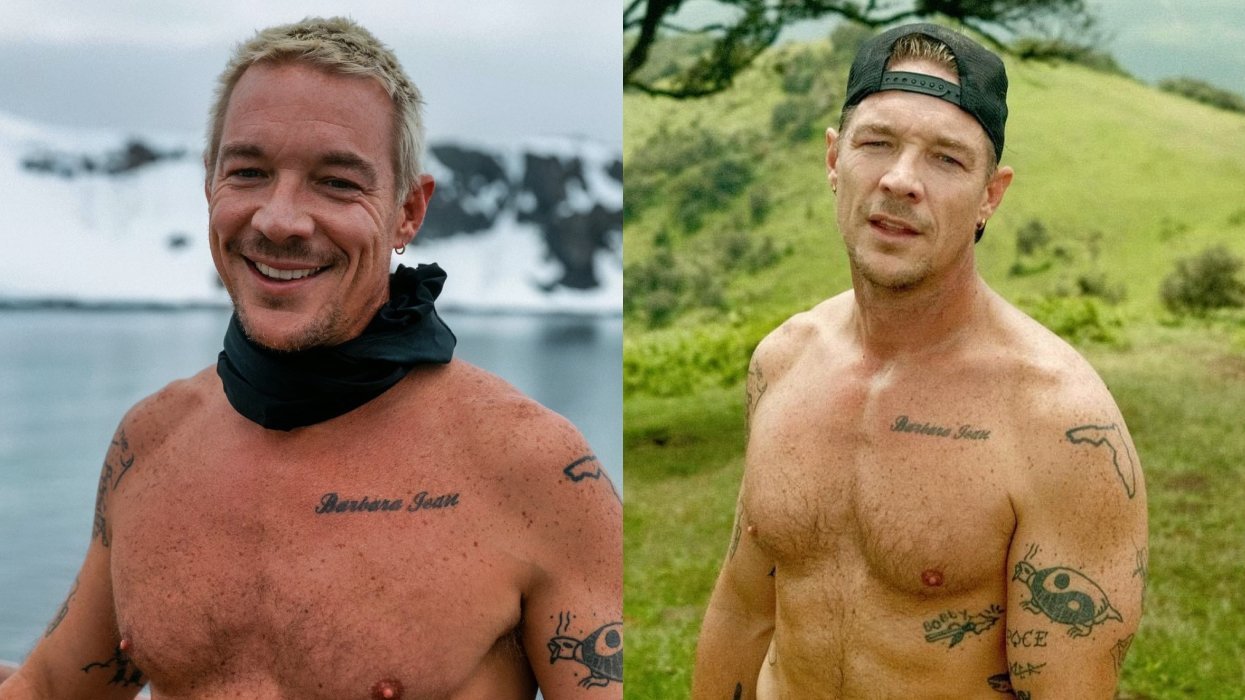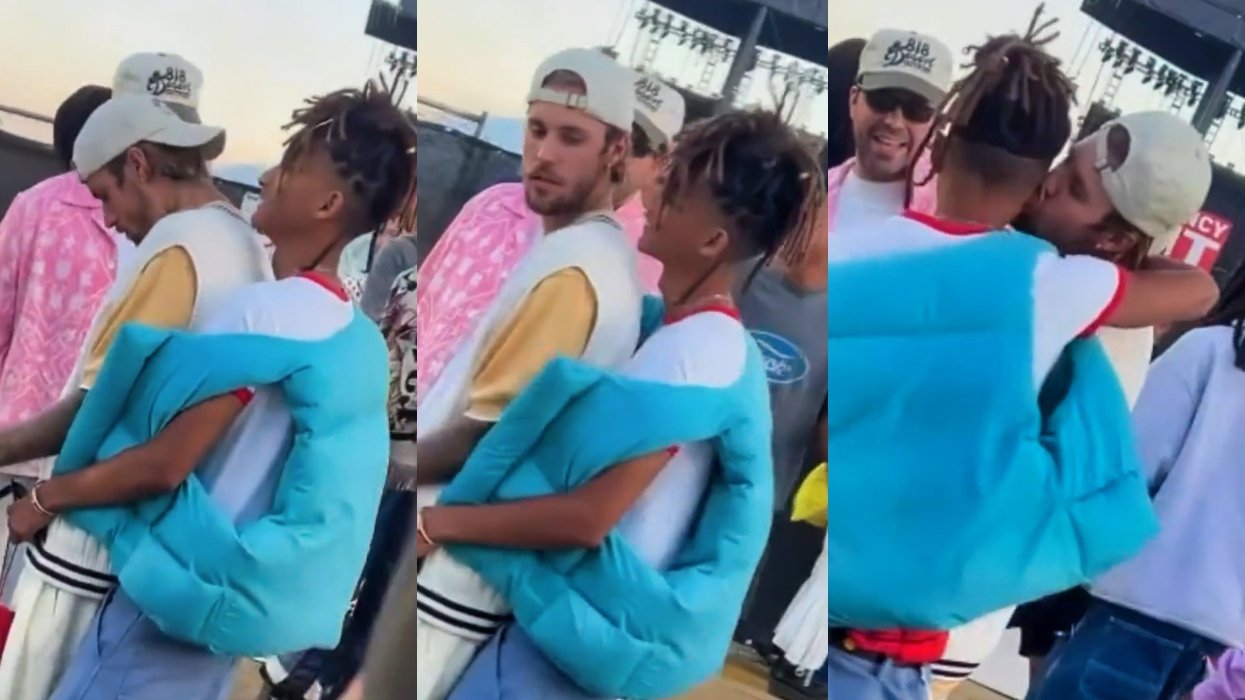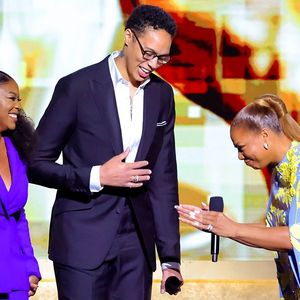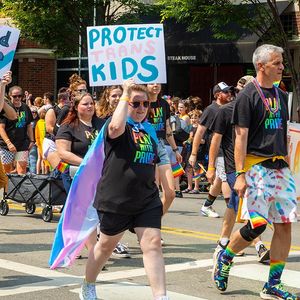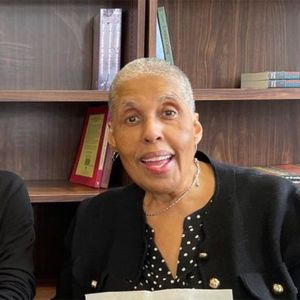Defense attorney Mike Ware checks his phone and looks up at the four women seated around him.
"They haven't decided," he says. The women look at him; an embarrassed, even sad, half-grin crosses their faces before they turn back to talk.
The women--Anna Vasquez, Elizabeth Ramirez, Cassandra Rivera, and Kristie Mayhugh--sit in a half-circle around a table, sipping coffee. They are the San Antonio Four, who were charged with and convicted of aggravated sexual assault in the late 1990s.
The women, who are openly gay Latinas, have argued their innocence since they were arrested. Ware, who works for the Innocence Project, says that every Wednesday, they wait to hear a ruling from the Texas Court of Criminal Appeals whether they will receive a new trial--or whether they could return to prison.
"Our lives are in limbo," Vasquez tells Out. "We can't move forward. We can't look toward the future. From 1994 to 2016, we're still where we started."
The women were accused of sexually abusing Ramirez's two nieces, who were 7 and 9 at the time. However, one of the victims, Stephanie Limon, recanted in 2012, and the forensic evidence has been debunked by both the scientific community and the expert witness from the original trial.
The four women appear in the documentary Southwest of Salem: The Story of the San Antonio Four. In the film and in person, they drive home the fact that their sexual identity was a constant source of suspicion by law enforcement.
"They compared me to a monster," Rivera says. "They assumed that because I was involved with women, that this is what I do. That's all they could see."
Vasquez likened the focus on her sexuality to an obsession. "There was only one way of thinking--that homosexuality meant child abuse," she says. "During our interrogation, during the jury selection, that's all they were asking."
Ramirez, who gave birth to her son, Hector, days before she went to prison, lamented how prejudice against her sexuality came from within her own family.
"Your family is supposed to be the last safe place you have," she says. "But I felt safer to be alone than to be around my family. And my son--he's planning to go into the Marines. But I've already prepared for if I have to go back to prison. Our family hasn't had time to heal. We're still broken."
The attacks on their sexuality came as shock to all the women, who were in relationships and some already raising children themselves.
"We didn't know." Mayhugh said. "We were young adults, we were just starting college. We were in the prime of our lives."
Vasquez agrees. "I never knew that homosexuality was something associated with child abuse. It didn't make any sense," she says.
The women see much of the same witch-hunt mentality--part of the inspiration for the documentary's title--still at work today.
"The way we talk about transgender people feels like we have stepped back into the '80s or '90s," Vasquez says.
The pain, the lifelong ordeal the San Antonio Four faced comes across in the fear of how some communities used to react--and still do--to gays and lesbians who come out.
"There's always a chance, no matter how accepting your family is, that something bad could happen," Ramirez says. "It could be a neighbor, it could be anyone who doesn't agree with your lifestyle. And all they have to do is make a phone call."
Southwest of Salem will air Saturday, Oct. 15, at 8 p.m. Eastern on Investigation Discovery.
